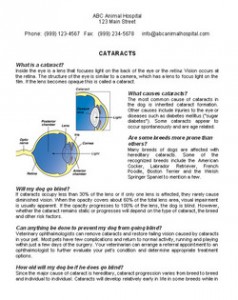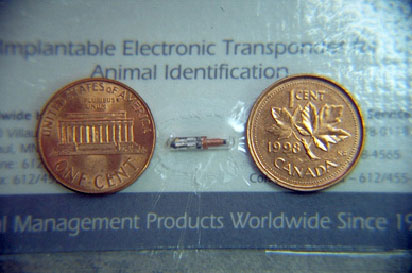 Has your pet been diagnosed with a condition that you are unfamiliar with? Search the Pet Health section of our website for accurate and reliable information on this condition. There are many other sites on the internet offering pet health information. As you browse these other sites, please remember that not all such information is factual and trustworthy.
Has your pet been diagnosed with a condition that you are unfamiliar with? Search the Pet Health section of our website for accurate and reliable information on this condition. There are many other sites on the internet offering pet health information. As you browse these other sites, please remember that not all such information is factual and trustworthy.
Additional Services
Our in-house pharmacy is well stocked and contains supplies that allow us to immunize and treat your pet. Special prescriptions may be formulated off site at a compounding pharmacy. This enables us to provide you with the most convenient method of medicating your pet.
We also have a homeopathic remedy section in our pharmacy.

Our experienced team of veterinarians and veterinary technicians provides many services at our clinic, ranging from routine to advanced procedures. Although we handle the majority of your pet’s medical and surgical needs in-house, we occasionally refer patients to veterinary specialists or specialty clinics when advanced training or equipment will be beneficial.
Board-certified specialists, such as oncologists, ophthalmologists, and neurologists, have extensive experience and training in a particular area of veterinary medicine or surgery. Specialty clinics and university-affiliated referral centers have specialized equipment to perform procedures that are not routinely performed by general veterinary practitioners.
We make referral decisions because we want to ensure that our patients receive the highest standard of care and best possible outcome. Be assured that when we refer a patient to another hospital, we continue to stay involved with his or her care, consulting with the treating specialist and often providing any needed follow-up care and rehabilitation.

Microchipping is a safe, permanent way to identify your pet in case he or she becomes lost. A microchip, which is a tiny device about the size and shape of a grain of rice, is placed just under the loose skin at the back of the neck. When a lost dog or cat without an ID tag is found, a veterinarian or veterinary technician will use a handheld microchip scanner to check for a chip. If the pet has one, it will transmit its ID number to the scanner via a low-frequency radio wave. The veterinary hospital or shelter then calls the chip manufacturer, retrieves the pet owner’s contact information, and calls the owner.
Even the most responsible pet owners can’t always guarantee their pet won’t get lost. A leash could break or slip out of your hand, a pet could push through a screen door or window, or a contractor or friend might accidentally leave a door or gate open.
We recommend that you use a microchip, along with a collar and ID tag, to identify your pet. An ID tag is still a reliable identification method. Pets that have tags with current contact information are more likely to not end up in shelters and tend to get home faster than those without tags. However, collars and ID tags aren’t permanent and can be removed (overnight or for grooming); pets can also lose them. With a microchip, your pet will have a much better chance of being identified and returned to you.
Please contact us to schedule an appointment to microchip your pet.

